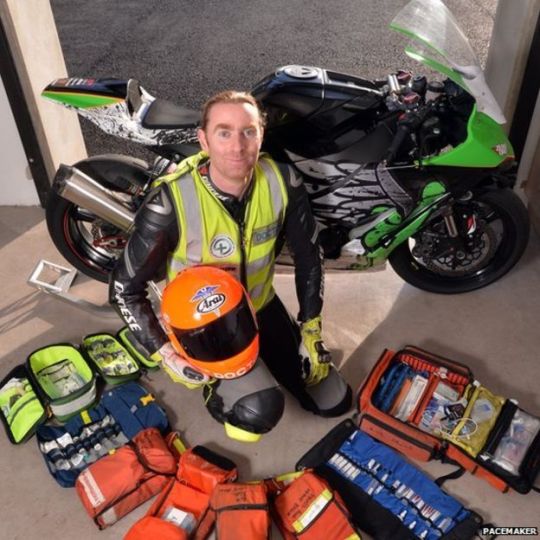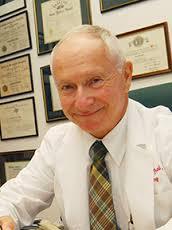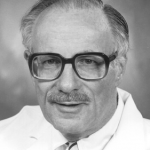Obit: Max Harry Weil MD – Feb 9, 1927-July 29, 2011
Some people may recognize the name, but few can comprehend how much this man has done for the fields of trauma and critical care. Dr. Weil was a world-class clinician, teacher and researcher, and is believed to have coined the phrase “critical care medicine.”
Some of his many notable accomplishments:
- In 1955, Dr. Weil created the first bedside shock cart, which is now known as the crash cart.
- In the late 1950’s, he and his colleagues recognized that some patients who were seriously ill or who had undergone major surgery had a propensity to die at night. He hit upon the concept that having an area for closer monitoring of these patients might allow for earlier recognition of acute problems and earlier intervention to correct them. This led to the creation of a four bed “shock ward.” This was the precursor to the first intensive care unit, which opened in 1968.
- Introduced automated vital signs monitors in 1961.
- Created the first computer assisted diagnosis tools in 1976.
- Developed the STAT lab concept for rapid results in critically ill patients in 1981.
He was the co-inventor for 22 patented devices including:
- Resuscitation blanket to protect medical personnel from electric shocks when defibrillating patients (2002).
- Capnometer for assessing the severity of shock which can be placed in the upper GI tract or under the tongue (2001).
- The Weil Mini Chest Compressor (2006)
- An IV pump system (1981), detection for occlusion or infiltration (1985)
- Osmotic pressure sensor (1977)
- High frequency ventilator (1983)
- A method for identifying cardiac rhythm even while CPR is in progress (2006)
Dr. Weil established the Institute for Critical Care Medicine in 1961, and worked there full-time after he left the University of Southern California. The institute trains physicians and engineers to discover and develop concepts and methods for more beneficial life-saving medical management. He stepped down as the president of the institute in 2006, but continued to work there full-time until two weeks before he died.
The world has lost a true physician, teacher and innovator.
Link: Weil Institute for Critical Care Medicine



